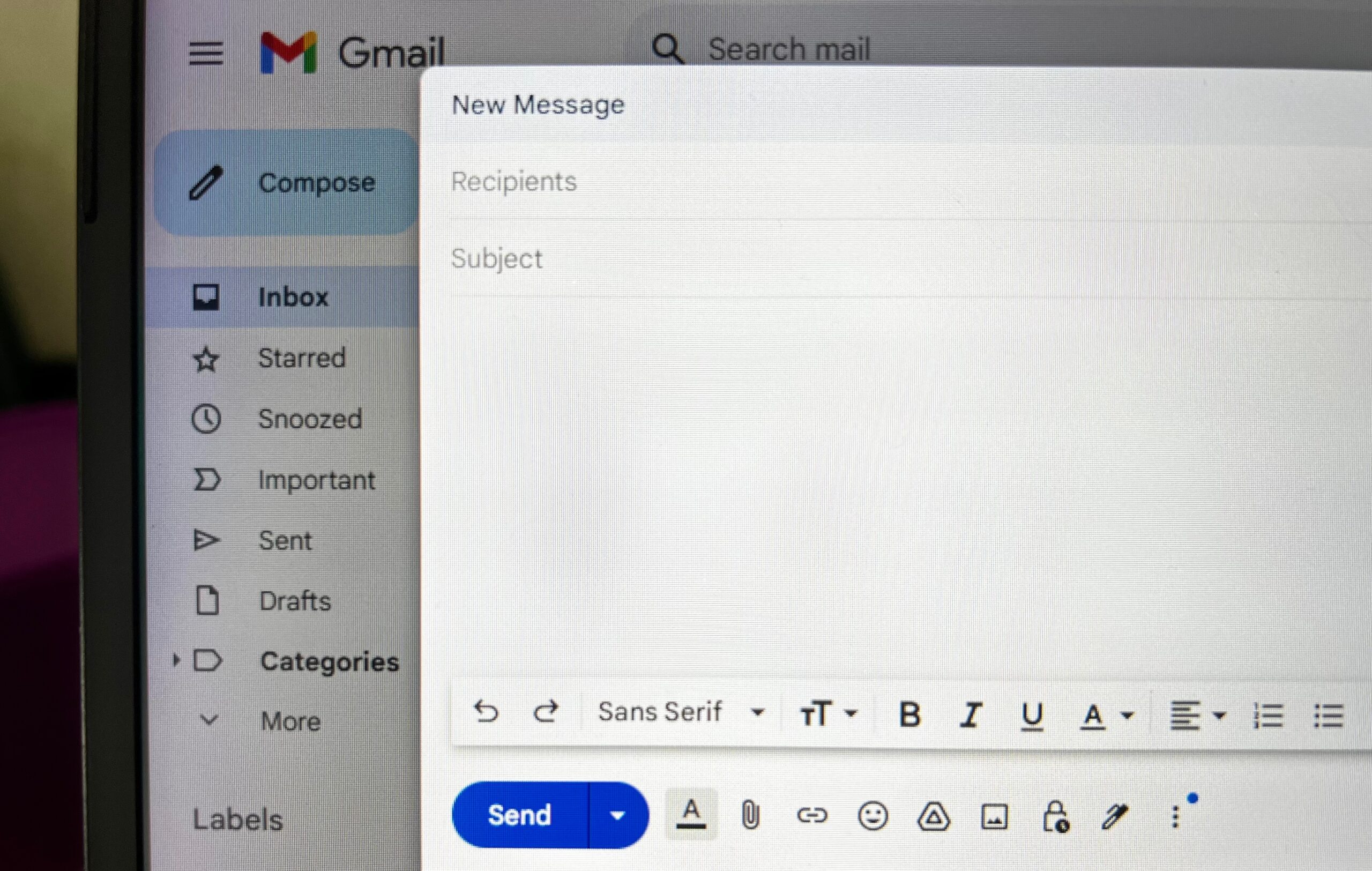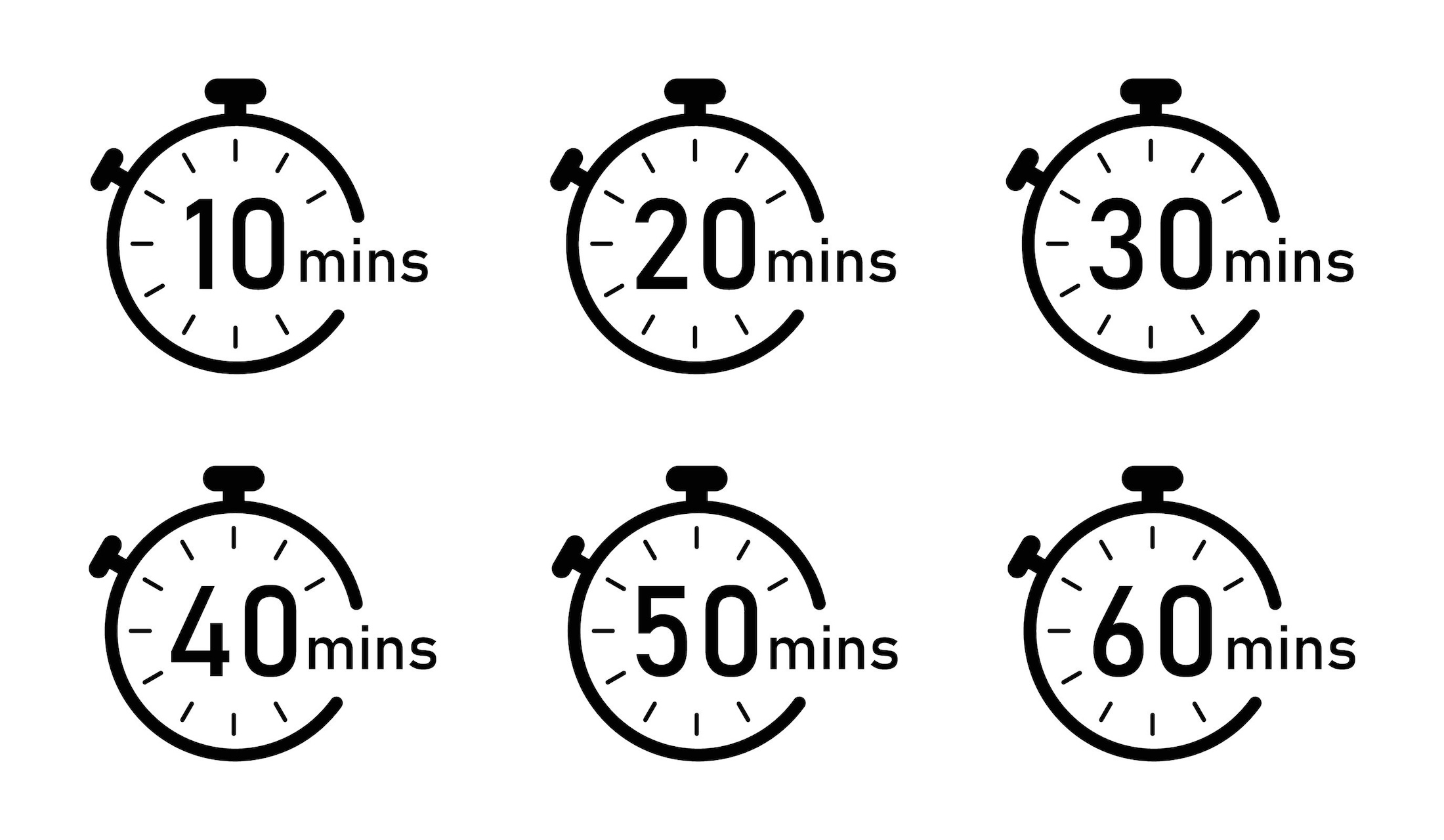You log in to your email account on Monday morning with a premonition—how many confusing or useless emails will I be confronted with today? Well, too many, that’s for sure since almost all companies suffer from email overload. It seems that everyone needs to info everyone on everything all the time, whether necessary or not. Some want to show they’re busy, others that they are important. You just wish that some would want to show how smart they are by writing effective, concise, and useful emails, rather than running at the mouth (or the keyboard).
To write effective emails, first consider why are you writing. What kind of response do you want? What message do you wish to impart? If you don’t have good answers maybe you should not be writing at all. Sometimes it’s better to pick up the phone or walk to the next office.
If you really must write, then observe the following guidelines: write a substantive subject line, keep it short, be polite but direct, and proofread several times.
Just like a newspaper headline, the subject line should grab the reader’s attention so that he can decide whether to open the email. If you can’t summarize the gist of your message in the 10-15 words available, then email is probably not the best medium.
Then adjust the opening salutation to your relationship with the recipient. Be polite but direct, avoiding clichés such as “I hope this email finds you well”. Consider a personal note instead if you know the recipient well. People want courtesy and respect, but they also want to get to the point as quickly as possible.
For the text—KISS—keep it short and simple, with the minimum number of words organized in short, informative sentences and paragraphs or in bullet points. Remember to leave white space for ease of reading, especially on cell phones. For longer, complex messages think of the five Ws–who, what, when, where, and why. If the message gets too long, consider sending two emails. If a reply is needed say so upfront or in the subject line. And try to limit the number of attachments, pasting shorter ones below the text for convenience.
As you write, remember that, like a CV, an email may be the only thing the receiver sees or knows about you, unless it’s an existing contact. Spelling and grammar mistakes, bad organization, or bad manners can ruin your reputation. Also, keep in mind that your email is a permanent record and may be forwarded. Don’t write anything that you or the recipients would not want to see on the company bulletin board. If it’s a very important message, do not send it right away. Save it as a draft and reread it after a break or the next day, especially if you were rushed, tired or irritated. Chances are you will have changes.
And before you press send, proofread, proofread, and proofread, not forgetting the subject line. If writing in a foreign language, use foreign spell and grammar check. Close your message with short formulas such as “best regards,” “all the best,” or “sincerely”, depending on the situation and the recipient.
Help us stem information overload. Ask yourself whether your email is important enough to crowd up someone’s inbox. If it is, then: 1) make sure it gets read by having the right subject line; 2) make sure it
gets visibility by keeping it short, simple, and well-organized; 3) make sure it has the right tone; and 4) make sure it does not make you look bad.
Click here to see all Adrian Dearnell’s Forbes contributions





